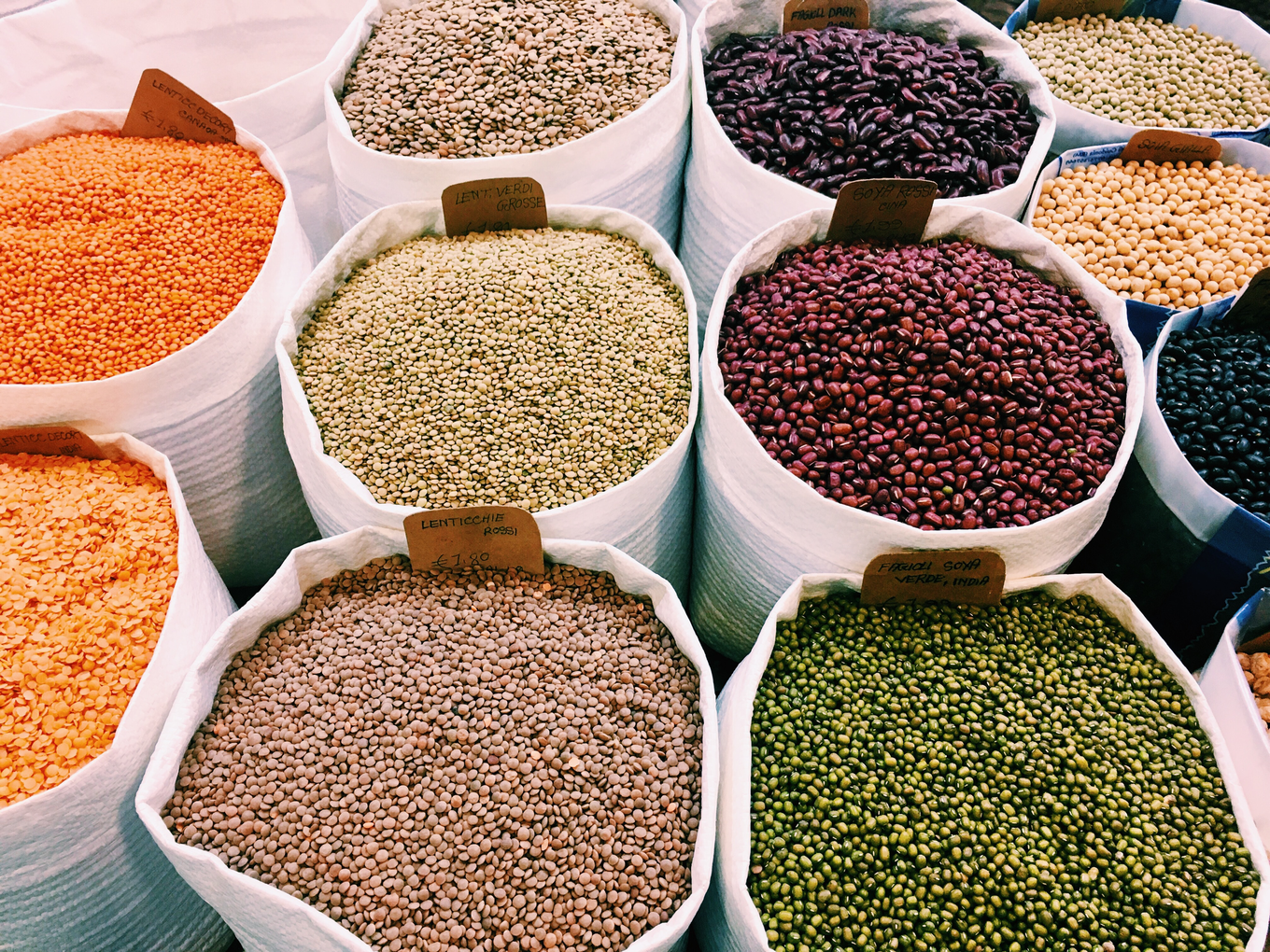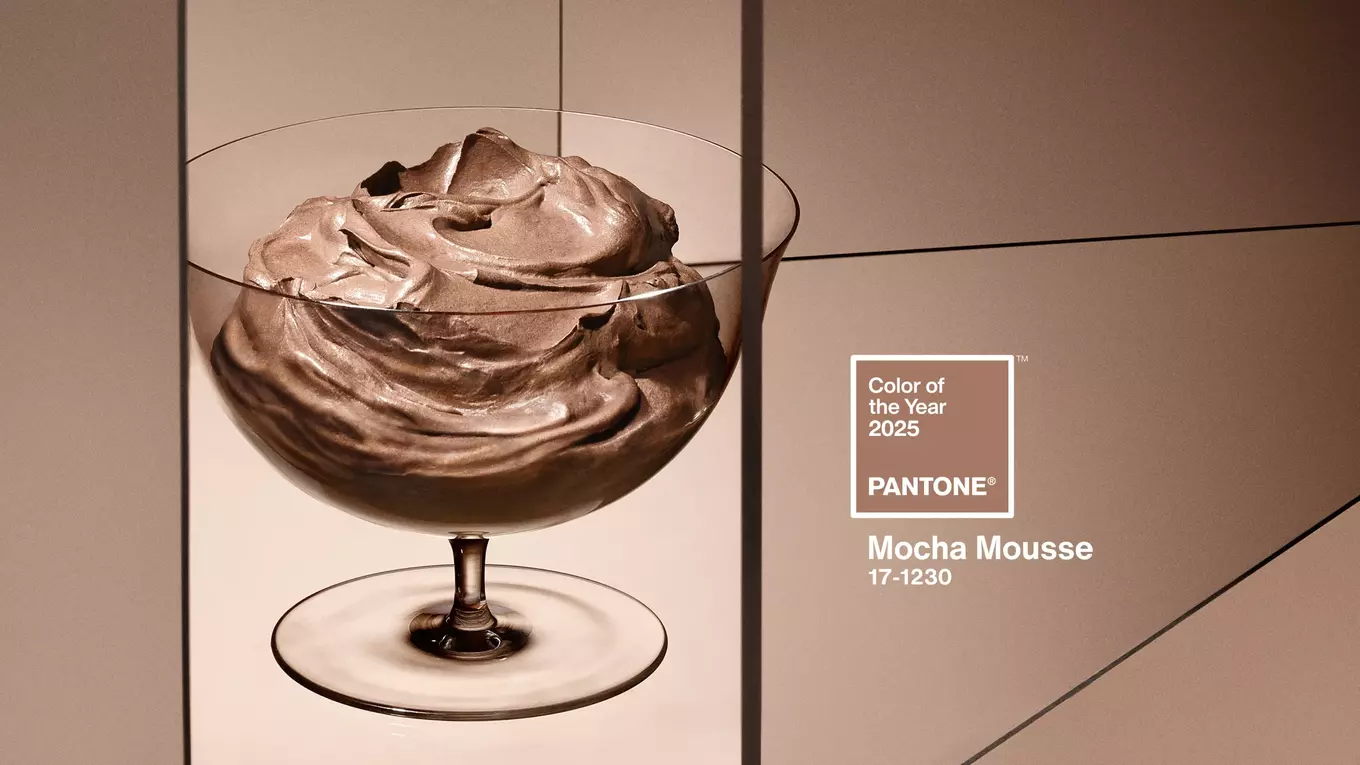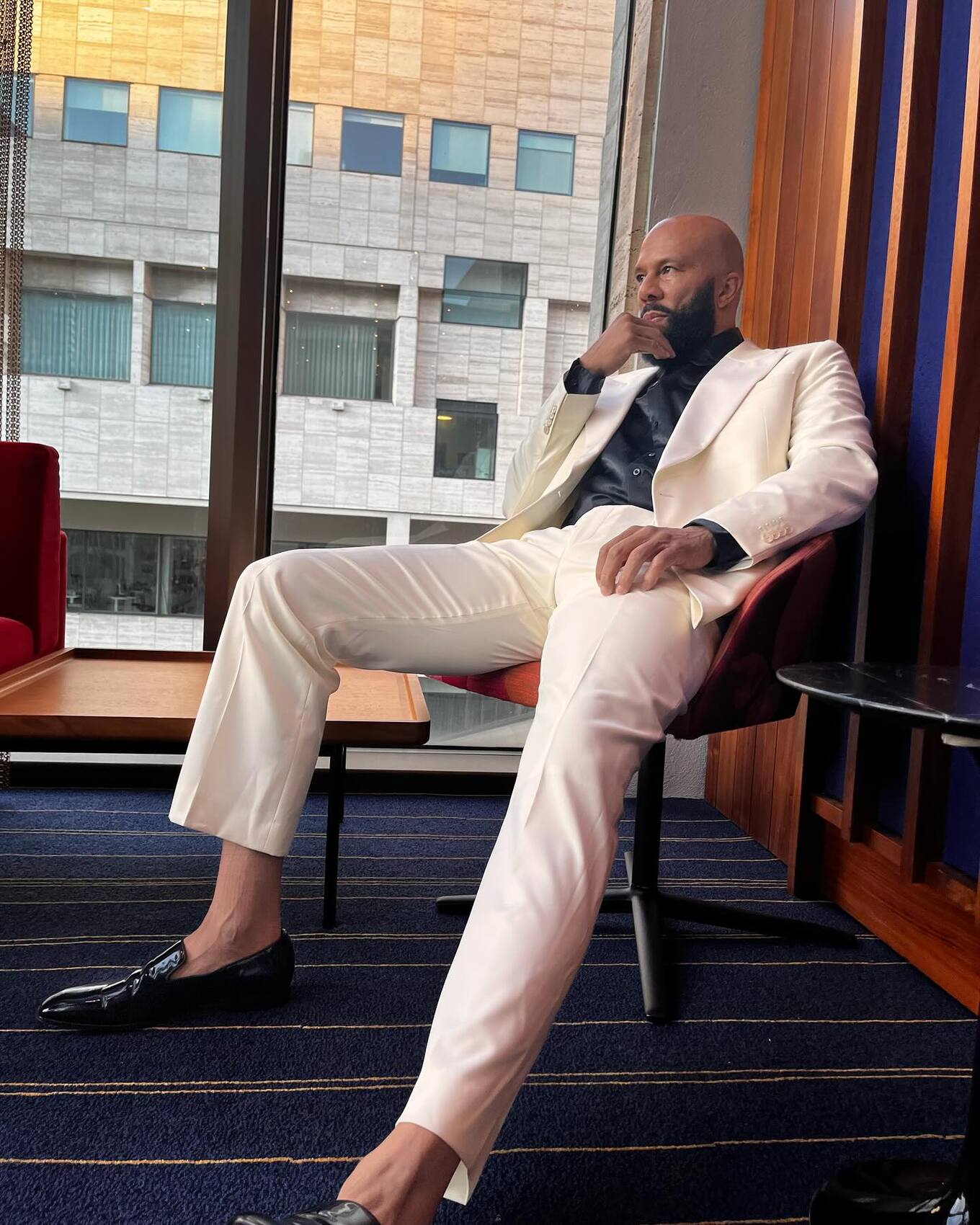For the past two decades, author and explorer Dan Buettner has dedicated his life to understanding the longevity secrets of the people of the world’s five Blue Zones. In these areas (Okinawa, Japan; Sardinia, Italy; Nicoya, Costa Rica; Ikaria, Greece; and Loma Linda, California), people don’t just live longer lives, but they live healthier lives, too. Blue Zoners tend to make it to their 80s, 90s, and even 100s without having to deal with many of the chronic diseases that plague Western populations. According to Buettner, there are a few reasons for this, but one of the biggest is diet.
Dan Buettner
Table of Contents
What do people in the Blue Zones eat?
While individual foods in the Blue Zones vary, they have one big thing in common: they are mostly plant-based whole foods. In Sardinia, for example, Blue Zone plates are loaded with tomatoes and olive oil, as well as barley and fennel. In Ikaria, people eat more wild greens, lentils, and almonds, and in Okinawa, purple sweet potatoes, seaweed, tofu, and radish are common dietary staples.
This is a world away from the foods that people often reach for in the US. The Standard American Diet is high in red meat, high-fat dairy products, ultra-processed foods, and refined carbohydrates. This way of eating is associated with an increased risk of chronic diseases, like cancer, heart disease, and type 2 diabetes, while whole-food diets are associated with a reduced risk.
Some people in the Blue Zones do eat meat (apart from in Loma Linda, where most follow a plant-based lifestyle), but it is significantly less than in the US. And it is certainly not processed.
“The average American eats about 240 pounds of meat, which is driving much of our Type II Diabetes, heart disease, certainly cancers in the GI tract, and I would even argue dementia,” Buettner told GQ. “In the Blue Zones, on the other hand, they traditionally ate about 20 pounds of meat a year, and it was always from grass-fed animals that they lived with and cared for until they became food.”
 Getty
Getty
What does Dan Buettner eat?
When it comes to diet, Buettner, unsurprisingly, has taken major inspiration from the Blue Zones. He doesn’t eat any meat at all and he prioritizes whole foods—he’s a fan of beans, in particular.
“In every Blue Zone I have visited, beans and other legumes were—and still are—a major component of the daily diet,” he told CNN. In his interview with GQ, he referred to himself as the “king of beans” and said he tries to eat at least a cup or two every day.
“Beans are so filling and can help you to feel more satisfied with a lower amount of calories, leading to better weight management in those who eat them regularly,” Anna Herby, DHSc, RD, CDE Nutrition Education Specialist for the Physicians Committee for Responsible Medicine (PCRM), told VegNews last year. “With all these health benefits, it’s no wonder those who eat them live longer, healthier lives.”
While Buettner eats all kinds of beans, black beans are a favorite. “In general, those with a darker color (like black beans) will have the most nutrients,” Herby added. “But I recommend focusing on a variety of legumes and switching things up so you can reap benefits from the whole legume family.”
Buettner eats plenty of vegetables, too, and prioritizes spices and herbs, which are also associated with many health benefits. This is because they’re a source of antioxidants, which help to reduce free radical damage in the body. Over time, this damage can contribute to the risk of disease.
The author told CNBC that while he enjoys eating out often, he always looks for whole food options on the menu. He’s a particularly big fan of Indian food, where he often orders curries made with ingredients like tofu and, you guessed it, beans.
 BettySubrizi/Unsplash
BettySubrizi/Unsplash
Dan Buettner’s lifestyle: Blue Zone-ish
Buettner pays close attention to his diet. Unlike many people in the West, he avoids ultra-processed options, like fast food, for example. Research suggests that in the US, two in three people eat fast food at least once a week.
“Overall, the best thing we can do, longevity-wise, to add another six-to-10 years to life is to learn how to cook a whole-food, plant-based diet at home,” Buettner says.
But the root of Buettner’s lifestyle is not rules and restriction, it’s actually joy. That’s another lesson from the Blue Zones. “When you look at the life of people in Blue Zones, who manifestly live up to 10 years longer without chronic disease, their journey is joyous,” he explains.
“They’re living close to nature. They grow their own food. They know their sense of purpose,” he continues. “They sit down for meals with their friends and family. They take time with their neighbors. That’s why this brand of longevity beats anti-aging any day of the week.”
That’s why Buettner doesn’t go hard in the gym, but instead prioritizes low-impact, enjoyable exercise, like cycling and pickleball. He sleeps a lot, and he has sex often. According to him, “People over middle age who are having sex at least twice per week have about half the rate of mortality than people who aren’t getting it at all.”
But Buettner still indulges in many Western pastimes. He eats out regularly and enjoys nightlife in Miami, Florida, where he lives. Ultimately, he has created a life inspired by the Blue Zones, but that still suits him and incorporates his own hobbies. He told GQ: “It’s about enjoying the journey. Otherwise, it’s not worth it.”







